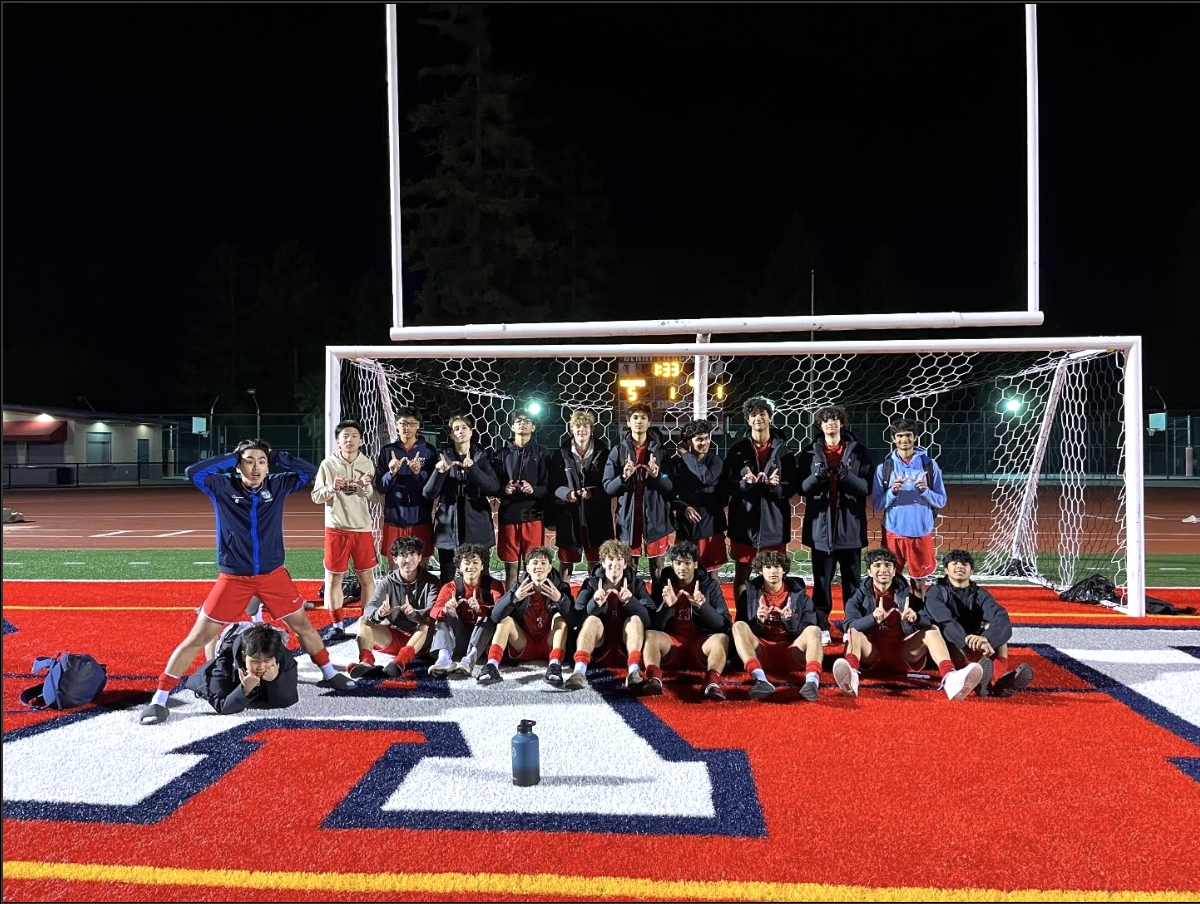On June 24, the Supreme Court decided not to give a major ruling on a Texas affirmative action case and avoided setting a precedent for the whole country. They chose instead to rule on the affirmative action policies in the University of Texas, thereby not creating a definite law for every college.
By deciding on the policies of just one college, the Supreme Court has invited multiple lawsuits against individual colleges.
It is possible that many colleges’ rules will be attacked and different precedents will be set in court. Eventually the Supreme Court will have to rule on the issue, and until then both sides will become more heated as individual courts across the country claim different laws.
The Supreme Court has waited too long with many controversial cases in the past.
For example, they could have ruled on gay marriage in Colorado in 1996 or in Texas in 2003. But instead they chose to look at the specific law for those two states. Had the Supreme Court ruled earlier on gay marriage, the court would not have faced as much criticism later.
Furthermore, delaying a decision on affirmative action leaves it for the future, when a more biased Supreme Court may rule. In the past, both political parties have tried to claim the Supreme Court; justices sometimes attempt to retire when the current president has the same political affiliation, so the president can assign a judge partial to one side.
The current distribution of justices is neutral or very close to it. Now may be the best time to make a fair decision on affirmative action.
Finally, there is no definite law for affirmative action currently in the United States. It may be allowed, but since the Supreme Court has not made a definite ruling, the details are left unspecified.
For example, the definition of diversity in college students has never been defined. Should the number of students of a given ethnicity in a college be compared to the total population, high school graduates or 18-year-olds?
Some may say that the specifics of affirmative action should be left to the states, but an issue as important as affirmative action should have uniform regulations throughout the country. Many people cross state borders to attend college, so more lenient rules in one state give the state’s colleges an advantage.
Only a federal decision on affirmative action would set clear and specific rules.
Essentially, delaying an issue as important as affirmative action builds unnecessary confusion and conflict and will lead inevitably to another decision years from now.

























